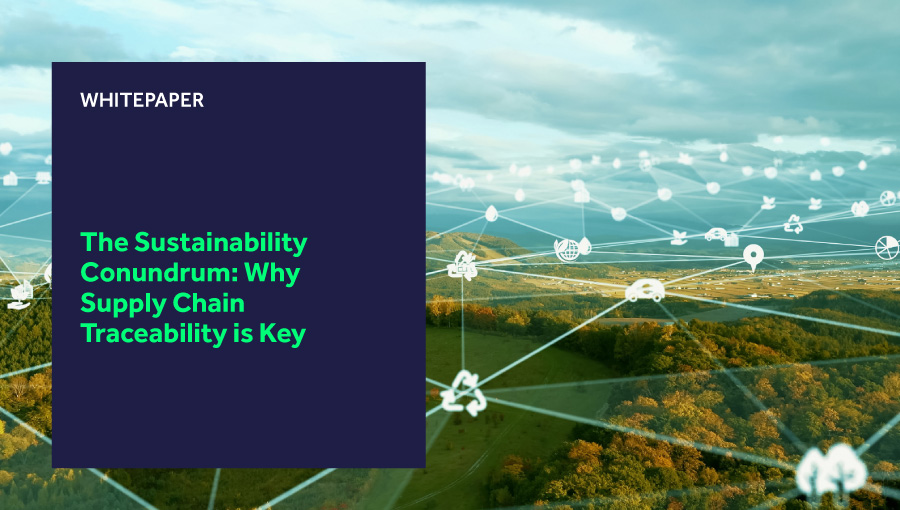Over the last few years, consumers and businesses have increasingly realised that the time to adapt and ditch their wasteful practices is now.
In fact, research conducted by K3 last year, involving 2,000 UK consumers, found that 30% had boycotted a retailer for a lack of environmental awareness.
This figure rose to an astonishing 54% for consumers aged between 18 and 24.
But it isn’t just consumers that businesses need to worry about… more and more legislation is being proposed and implemented across the world that is forcing brands to go green.
One such example is Germany’s Supply Chain Act which will apply to companies with 3,000 employees from 2023 and later include companies with 1,000 employees.
The Supply Chain Act aims to strengthen the protection of human rights by ensuring:
- Companies respect human rights throughout their supply chains.
- Companies establish grievance mechanisms.
- Companies report on their activities.
In the midst of eco-friendly consumers and emerging legislation, it’s clear that retailers and fashion businesses must start taking sustainability seriously. But just how well equipped are they for the coming months?
Download K3’s latest whitepaper today to find out more!
 https://k3fashionsolutions.com/wp-content/uploads/2025/07/digital-loom-2025-featured.png
900
1600
Jordan Heal
https://k3fashionsolutions.com/wp-content/uploads/2024/12/K3_Fashion_Solutions_Half-color_RGB.svg
Jordan Heal2025-07-07 14:07:232025-07-08 14:40:22Digital Loom 2025: Stitching the Seams of Fashion ERP
https://k3fashionsolutions.com/wp-content/uploads/2025/07/digital-loom-2025-featured.png
900
1600
Jordan Heal
https://k3fashionsolutions.com/wp-content/uploads/2024/12/K3_Fashion_Solutions_Half-color_RGB.svg
Jordan Heal2025-07-07 14:07:232025-07-08 14:40:22Digital Loom 2025: Stitching the Seams of Fashion ERP


